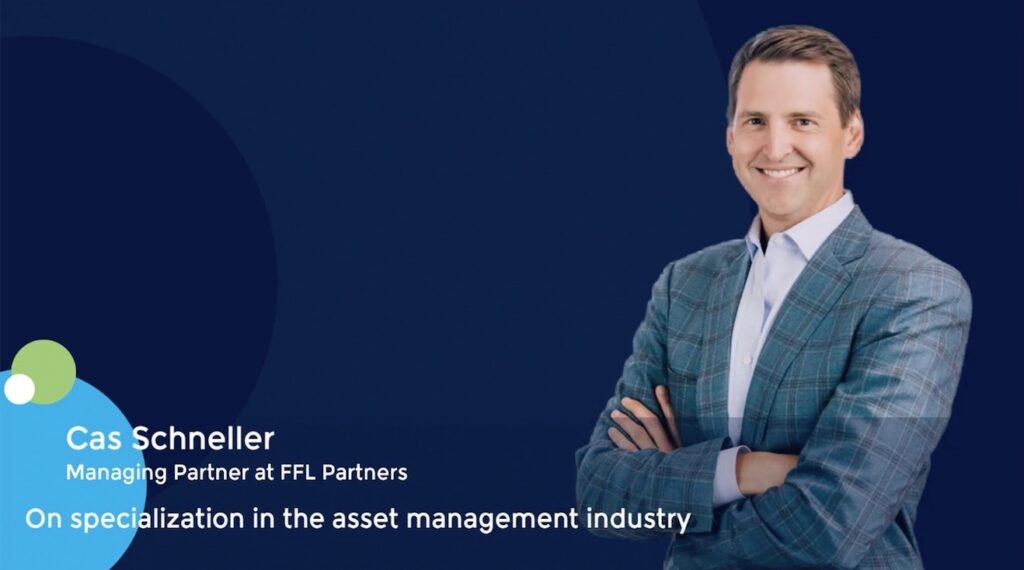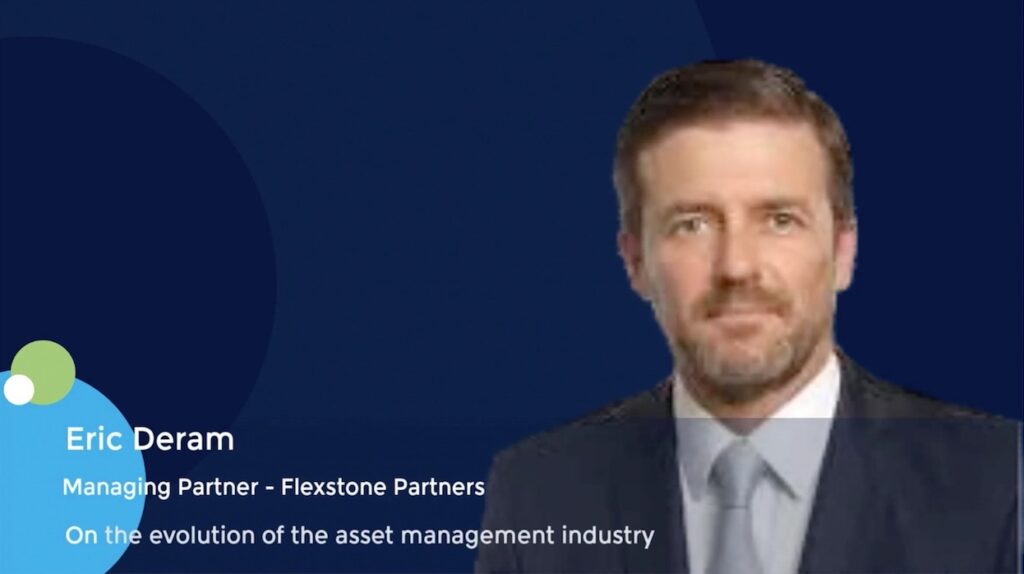Hong Kong’s Templewater rides energy transition wave to create specialist strategy
Hong Kong-based Templewater owes much of its prominence to Citybus. The 2020 takeover of the territory’s major bus operators served a twofold purpose for the middle-market buyout investor: it helped the two-year-old firm establish a reputation, and it led the development of a parallel strategy focused on energy transition.
“Our Citybus investment was what put us on the map. As a firm, you need that landmark transaction to let the whole world know who you are, and that deal has done that for us. People understand that we have the capabilities to execute sizeable transactions in very challenging and complex times,” said Cliff Zhang, Templewater’s chairman and CEO.
Templewater acquired Citybus for HKD 3.2bn (USD 408m), leading a consortium that featured UK-headquartered public transport player Ascendal and Hong Kong-listed Hans Energy. Ascendal participated as an operational partner with no direct equity interest.
Emissions reduction wasn’t mentioned in the deal announcement, but value creation efforts ultimately included the rollout of Hong Kong’s first electric double-decker bus and hydrogen refilling stations. By the time Templewater made a significant partial exit last year, replacing the diesel fleet with hydrogen buses – there are over 1,700 vehicles covering 210 routes – received plenty of airtime.
This was part of a zero-emission roadmap overseen by Yufeng Wan, a partner at the GP who serves as a director of Bravo Transport, the parent company of Citybus. The experience precipitated his redeployment from Templewater’s generalist buyout team to head energy transition.
The decision to formalise a second strategy was supported by the notion that specialisation is increasingly viewed in the broader market as an advantage. Templewater claims to be one of the few investors based in Asia with a dedicated energy transition team. Most actors in this space are global players with thematic funds that invest across the US, Europe, and Asia.
“We have spent the past five years building up our speciality in energy transition. It’s not that we woke up one day and decided that we’re going to do this. It really started with Citybus,” said Zhang.
“We’re not looking to launch a strategy or fund just because it’s the flavour of the month. That flavour of the month might be gone in a few years, and it’s important to stay grounded. That’s a challenge many in the industry are navigating – balancing evolving interests while maintaining a clear and consistent core skill set as a GP.”
Strategic evolution
The partial exit came in two phases. First, Hans Energy, which has significant operations in oil, petrochemicals, and logistics, increased its stake from 8% to 15% a few years ago. Then last year, it acquired another 54.4% for HKD 2.72bn, building its position to 70%. Templewater, which started out owning 92% of Bravo, retains 30% of what is now a HKD 5bn business.
This represents the firm’s first realisation, but it declined to comment on the exact return. Zhang noted that the firm’s debut private equity fund (2019 vintage, USD 200m), which acquired Citybus, is now fully deployed with distributions to paid-in (DPI) of over 1x from two exits.
The second exit, Hong Kong-headquartered asset manager SC Lowy, was an existing portfolio company of Anglo-South African banking and wealth management group Investec when Templewater acquired a significant minority stake in 2020. That position was sold in full last year to China Vered Financial Holding Corporation.
Zhang established Templewater as a spinout from the Asia principal investment division of Investec in 2018. This followed a stint at Chow Tai Fook, the flagship private investment holding company of the Cheng family in Hong Kong, where he focused on private equity transactions, global M&A, and corporate development.
The firm is now deploying its second private equity fund, which has a target of USD 300m-USD 400m. A first close has been achieved, but Zhang declined to give the size. He is hoping for a final close by year-end.
In addition to catalysing a path toward energy transition, Citybus established a preference for the essential services sector. Zhang said the company’s resilience during the peak of COVID-19 made his team realise the value of having such investments in the portfolio.
Wisdom Motor also exemplifies this penchant. The China-based zero-emission commercial vehicle developer, majority-owned by Templewater, was one of the first manufacturers to supply hydrogen-powered buses to the United Arab Emirates (UAE).
Lately, amidst regulatory uncertainty, tariff volatility, and geopolitical tensions, Templewater has also found comfort in healthcare, regarded as somewhat insulated from these macro shifts. The firm launched Tamarind Health, a pan-Asian oncology-focused group based in Singapore, late last year.
The platform, which counts the likes of Temasek-backed 65 Equity Partners among its investors, was built up through a series of bolt-on acquisitions across Southeast Asia and Hong Kong. In June, it received regulatory approval for a take-private of Singapore’s TalkMed Group at a market capitalisation of SGD 606.1m (USD 472.8m).
“That showcases our ability to execute the buy-and-build strategy where we grew a local business to become a pan-Asia oncology platform. Buying the right businesses, scaling them up, and executing a very complex take-private in Singapore,” Zhang said.
Macro uncertainties have also prompted closer examination of a growing concern among Templewater’s regional peers: deglobalization. The phenomenon, perhaps most clearly manifested in a push to diversify energy transition supply chains centred around the US and China, is described by Zhang as a paradigm shift that will intensify in-region activity.
“Within Asia, regional trade and business activities will go up, and we want to focus on companies that will benefit from that,” he said. “We do not want to be overly concentrated in one country or region; we want to have a more diversified sales channel and customer base.”
Energy opportunities
Templewater is now raising two funds for energy transition. One, focused on decarbonization, was recently scaled back from an initial target of USD 300m to USD 150m. The other, a joint venture with Oman Investment Authority (OIA), is currently capitalised with USD 200m and has scope to expand, according to Zhang.
The fund, run in partnership with OIA’s Future Fund Oman, is said to be the first of its kind in the sultanate. Templewater and OIA each contributed USD 100m. Most of the third-party capital is expected to come from the Gulf Cooperation Council (GCC) region, including sovereign wealth funds, corporates, and family offices. Zhang did not disclose the target.
The fund, managed by Templewater, focuses on deals with a GCC nexus – not least Asian companies looking to expand into Oman – in perceived high-impact areas such as clean molecules, energy storage, e-fuels, smart mobility, renewables, and green data centres.
It is expected to benefit from free trade agreements between various Asian countries and the GCC. Wan added that the global net-zero imperative is driving pockets of growth in regions like the GCC.
“We see a lot of opportunities because of a macro shift from fossil fuel-based power to electricity-based smart technology that’s been happening in the last 10-15 years and has been accelerated recently by net-zero agendas and the better quality and experiences it offers,” he said.
Recent due diligence work for a potential investment in an autonomous delivery vehicle company helps sketch out the opportunity. One of the target company’s early-stage investors had already made 100x on its investment, but Templewater still saw a pathway to a 10x return by potentially participating in a pre-IPO round.
“In many cases, people look at ESG [environmental, social, governance] as charity work and pockets they need to allocate to – not with the bulk of their capital, but just for the greater good. This isn’t our intention. We see real growth and financial return in this sector,” Wan said.
Asked about potential headwinds for energy transition arising from global trade uncertainty, especially regarding the US, he played down the impact as short-term. The bigger-picture view is unchanged, with the energy transition macro trend underpinned by demand for smart technologies, enhanced economic efficiencies, elevated consumer experiences, and a cleaner environment.
The latest investment in decarbonisation, China-based Marvel-Tech, specialises in hydrogen and hydrogen derivatives-fuelled gas turbines for zero-carbon green power generation. Templewater was encouraged by its competitive pricing and solid growth rate. The company is held up as an example of a rigorous top-down investment approach featuring a selection rate of less than 1%.
Marvel-Tech also illustrates a preference for blue sky scenarios. In this case, green hydrogen and ammonia consumption is expected to pick up as countries develop and produce more green molecules, creating “enormous” economic value, according to Wan.
Templewater’s value creation plan includes supporting expansions to Europe, the Middle East and the Americas. It is also providing the company with access to its network, making introductions to some of the largest utility suppliers in Oman and Hong Kong. This has led to multiple business opportunities, he said.
Bigger picture
The firm’s LP base features institutions, family offices, and high net worth individuals (HNWIs) spread across Asia, Europe, and the US. Investors familiar with the middle-market buyout strategy have been receptive to the addition of energy transition. Zhang also highlighted increasing engagement with corporates in energy transition-related industries.
Moreover, he regards the two strategies as complementary in the sense that the introduction of energy transition has enhanced Templewater’s general ESG (environment, social, governance) know-how and credentials. As LPs across the board ramp up ESG compliance requirements, the firm finds it easier to articulate and report on what it is doing.
“Even for our buyout fund, which does not focus on energy transition alone, we have some very large institutional investors from Europe who require ESG questionnaires and ask us what kind of ESG reporting we do,” he said. “ESG itself is becoming a part of the requirement for any and all investments.”













